The top three German luxury cars, the most famous BBA (Mercedes-Benz, BMW & Audi). Less well-known, the German parts industry also has the famous top three companies, namely BCZ (Bosch, Continental, & ZF). To a large extent, BCZ is behind the scenes of the BBA world-renowned promoters. Without a strong component system, there is no strong automobile industry. The competition and cooperation in the BCZ's top three are like the love between the BBA. The competition is not to suppress opponents or even eliminate opponents, but to achieve mutual success. If you use tea as an example, the entire vehicle company's financial reports are full of rich fragrance, like black tea with sugar and milk added. In contrast, the financial reports of parts and components companies are more like fresh and elegant green tea, and if they are carefully savored, they will be able to truly appreciate the future trends of the automotive industry. After Bosch's 2016 financial report is released later, together with the financial reports of Continental and ZF, the BCZ's judgment on the future trend, as well as the trends in R&D and investment, will help determine the trend of automotive technology in the next few years. . On March 30, 2017, ZF Group held a global press conference for the fiscal year 2016 in the newly completed ZF Forum. There are three main highlights. The first is to increase the profit and reduce the debt after the first merger of TRW reports in 2016. After the acquisition of TRW in mid-May 2015, sales of the 2016 annual report of the new active and passive safety technology division were first included in ZF Group's total sales. This helped its sales increase to 35.2 billion euros, an increase of 20.6%. Compared with the previous fiscal year's projections covering the total sales of TRW 2015, the year-on-year increase was 2.2%. Excluding exchange rate and merger and acquisition factors, the natural growth rate reached 4.2%. Adjusted EBIT rose from less than 1.6 billion euros to 2.2 billion euros. That is, the adjusted EBIT margin was 6.4%, representing an increase of about 20%. There is no doubt that this is mainly due to ZF's integration with the Tianhe business, achieving better operational levels and synergies. The adjusted EBITDA increased from 2.9 billion euros to 3.8 billion euros, and the adjusted EBITDA was 10.8%. The adjusted free cash flow reached 2 billion euros, enabling ZF to quickly reduce the debt burden caused by the acquisition of TRW and at the same time be able to invest in future technology. ZF's debt burden in fiscal year 2016 was reduced by approximately 1.6 billion euros, and one of the Group's goals in 2017 is still further debt relief. Another set of data is worth paying attention to. ZF Industrial's sales increased by 16.7% compared to 2015, thanks to the acquisition of Bosch Rexroth's wind power gearboxes and industrial drive systems business, as well as a significant increase in sales in the wind power business. At the same time, in 2016, ZF’s sales in the automotive industry, especially in the field of passenger vehicle automatic transmissions and safety technology, also achieved modest growth. Dr. Stefan Sommer, CEO of ZF Group, believes that digital technology, electric technology and autonomous driving technology have laid a solid foundation for ZF to shape the challenging changes in the automotive industry. To this end, ZF takes both hardware and software and takes a strategic step in software development. This is the second highlight of this conference. On March 2, 2017, ZF's Indian Technology Center (ITC) was opened in Hyderabad and will focus on developing advanced electronic and software solutions for the automotive and industrial sectors. This move will not only accelerate the development of local products in India, but also help to expand ZF’s global R&D network. In the following five years, ZF plans to invest an additional 15 million euros in this center for infrastructure construction. By 2020, the number of engineers will reach 2,500. In an exclusive interview with Zama’s chief digital officer Mamatha Chamarthi, the Indian technology center will quickly integrate into ZF’s R&D network and become a pillar of the company’s innovation. With the increasing demand for software engineering, ZF will significantly enhance its technical capabilities and help customers achieve growth in global and local markets. At the same time, ZF and Digital Incubator Company Plug & Play reached a strategic cooperation. Plug & Play, Inc. is located in Silicon Valley, California, and is famous for connecting start-ups and companies. It invests more than 100 companies each year. Through this new partnership, ZF will establish closer links with innovative startups. ZF can appoint Chamarthi as a chief digital officer for a non-German woman and lead ZF's transformation from a traditional component (hardware) company to a full-scale technology provider with both software and hardware. ZF also embodies ZF Management's vision and determination. Dr. Sommer said that ZF's strengths are a perfect combination of hardware and software, and can provide a complete set of intelligent mechanical systems. Future cars will still rely on mechanical components. Even a "four-wheeled iphone" car will require braking, steering, axles and other components. The combination of electromechanical systems is where ZF’s future core competitiveness lies. Not only is it an investment software center, but the third highlight of this conference is that ZF is actively investing in technology for the future. ZF has 14,550 employees working in research and development facilities worldwide, which accounts for 10.6% of the total number of employees. In 2016, ZF invested 2 billion euros in R&D, accounting for 5.5% of annual sales (4.8% in 2015). In addition to internal research and development, ZF also actively promotes cross-industry strategic technical cooperation and achieves a multiplier effect. For example, ZF is working with NVIDIA to develop artificial intelligence (AI) systems for the transportation industry for automated driving and autonomous driving systems for passenger cars, commercial trucks, and industrial applications. ProAI, released by ZF at the International Consumer Electronics Show (CES) held in Las Vegas, is suitable for highway automation driving. It is the first system developed using NVIDIA's AI technology. It will enable the vehicle to process data from sensors and cameras through deep learning to clearly identify the surrounding environment. In the field of electric vehicles, ZF teamed up with UBS and innogy Innovation Hub to develop a new car eWallet based on blockchain technology to provide a forward-looking secure payment system. Allows electric vehicles to be easily charged while driving. At the same time, this innovative solution will be able to handle many other travel-related payments, such as tolls, parking fees, or car sharing fees. In this round of fundamental changes in the automotive industry, whether or not it can seize opportunities to become a leading technology company in the area of ​​electric technology and automatic driving technology is ZF’s opportunity and challenge. Naipu AF vertical froth pumps are of heavy duty construction, designed for continuous pumping of highly abrasive and corrosive frothy slurries. They have a vertical shaft configuration, and comprise a hopper, with vertical Bearing Assembly, and Type`NP-AH` pump wet-end. They feature a wide choice of replaceable abrasion resistant metal or moulded elastomer casing liners and Impellers.
Handle Frothy Slurries
AF Vertical Froth Pump Showing Component
Main Part Number At The Drawing
Materials of Construction
LINERS
IMPELLERS
CASING
BASE
EXPELLER
EXPELLER RING
SHAFT SLEEVE
SEALS
Standard
Chrome Alloy
Chrome Alloy
SG Iron
SG Iron
Chrome Alloy
Chrome Alloy
SG Iron
Rubber
Options
Ferralium
Ferralium
SG Iron
MS
NI Resist
NI Resist
EN56C
Ceramic
NP-AF Froth Pump SELECTION CHART
NP-AF FROTH PUMP PERFORMANCE PARAMETERS
Type
Allowable Mating Max. Power(Kw)
Clear Water Performance
Impeller
Capacity/Q m³/hr
Head/m
Speed/rpm
Max Efficiency/%
Impeller Diameter/mm
2QV-NP-AF
15
7.2-33
5-30
800-1800
45%
229
3QV-NP-AF
20
10-104
10-28
700-1500
55%
268
4RV-NP-AF
40
15-130
6-28
500-1050
55%
397
6SV-NP-AF
75
55-330
6-25
350-680
55%
560
Vertical Froth Pump, Froth Pump, Froth Slurry Pump, Centrifugal Froth Pump, Mining Pump, Foam Pump, Vertical Foam Pump Shijiazhuang Naipu Pump Co., Ltd. , https://www.naipu-pump.com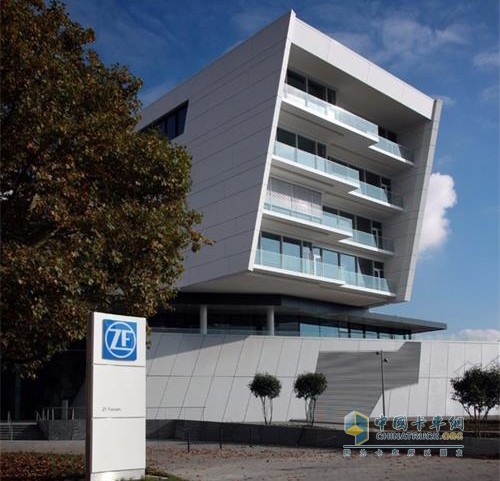 ZF's first financial report released after the acquisition of Tianhe
ZF's first financial report released after the acquisition of Tianhe 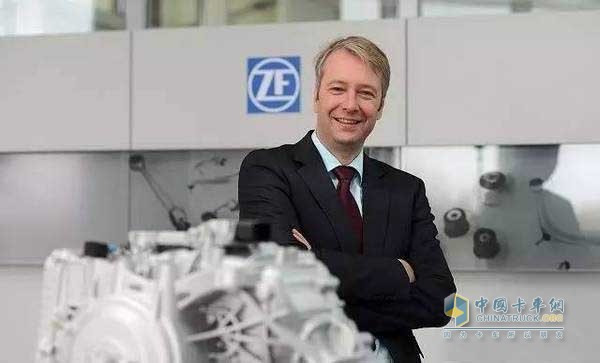 ZF CEO Stefan Sommer
ZF CEO Stefan Sommer 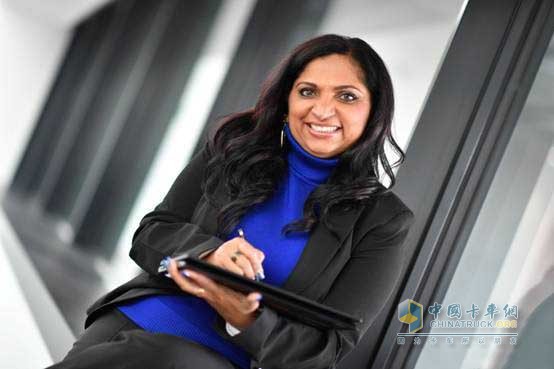 Zama’s newly appointed Chief Digital Officer Mamatha Chamarthi
Zama’s newly appointed Chief Digital Officer Mamatha Chamarthi
Typical Applications---
Minerals Flotation Processing
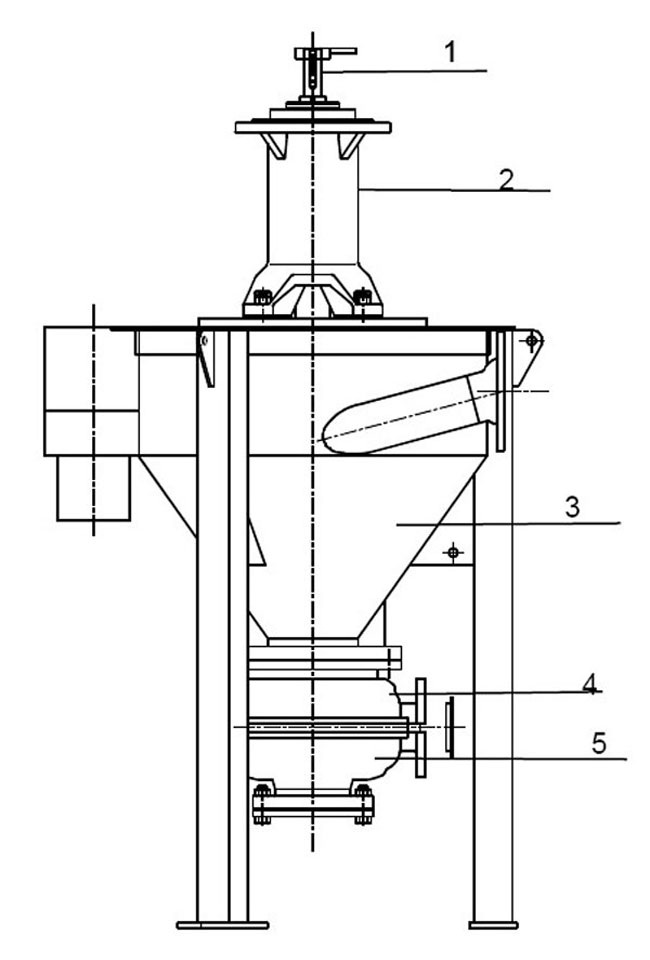
2.Bearing Assembly
3.Tank
4.Frame Plate
5.Cover Plate
Natural Rubber
Natural Rubber
or
SG Iron
or
SG Iron
and
Nitrile
Hastelloy C
316 SS
W151
Polyurethane
Neoprene
Butyl
Viton
Nitrile
EPDM
Hypalon
Hastelloy C
316 SS
W151
Polyurethane
Neoprene
Butyl
Nitrile
Hypalon
Various grades
Fabricated
Cast Iron
Ferralium
Hastelloy C
Polyurethane
316 SS
W151
Ferralium
Hastelloy C
316 SS
Rubber
W151
Polyurethane
Neoprene
Butyl
Nitrile
Ferralium
Hastelloy C
Titanium
316 SS
304 SS
Stellite
Chrome Oxide
Nordel
Neoprene
Viton
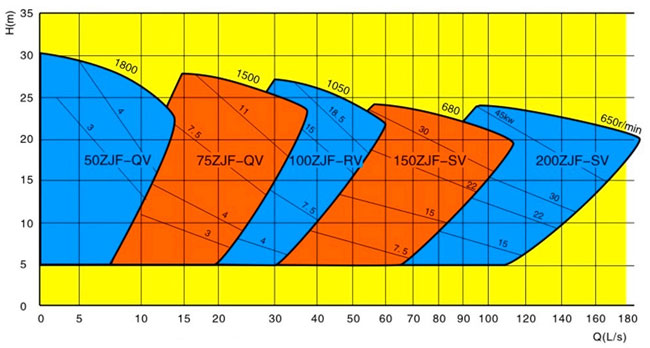
It is no exaggeration to say that the German automobile industry is the most important pillar industry of the German economy. Not only is it now able to successfully achieve "smart" manufacturing through the Industry 4.0 strategy, it will also be full of vitality in the future.
1.Bearing